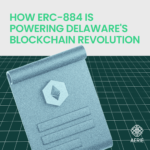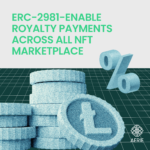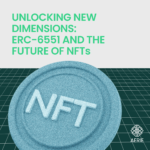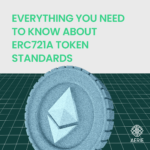Beyond Just Art: Real-World NFT Use Cases
Even though NFTs have yet to find a traditional application beyond artwork and game characters, NFTs already see many different use cases. NFTs (short for non-fungible tokens) are digital versions of everyday objects securely stored on a blockchain. This makes them virtually impossible to be duplicated, tampered with, or hacked. Their authenticity, ownership, and transaction history are also recorded on the blockchain.
This innovation provides a more efficient way of commercializing digital or real-world assets, especially in industries where proving ownership and validity is challenging. In the midst of continued NFT adoption, many are pondering whether they’re merely a fad or if they offer anything worthwhile in the long run.
In the past two years, digital art has been the catalyst for the NFT trend, but numerous industries are now considering how NFTs can be utilized to improve their operations and processes.
Here are Some of the Top Use Cases of NFTs
Medical Records
Medical records can be securely stored on NFT ledgers without the risk of confidentiality being breached or tampering from outside sources. Transactions are validated on multiple nodes before being added to the blockchain, making sure that all records are precise and protected from malicious manipulation attempts.
NFT ledgers offer a secure way to store sensitive medical information while still allowing authorized healthcare professionals to access it when necessary. In recent years, specific NFT applications have been developed, with hospitals, health insurance companies, and other entities investigating how blockchains could be used to verify patient identities and document medical treatments without compromising patient privacy.
Real estates
NFTs are ideal for the real estate sector. NFTs can be used to streamline and accelerate transactions, create smart contracts for properties (which can facilitate automated payments), and even establish decentralized home rental services — all while protecting confidential information such as credit card numbers.
NFTs can also be used as a property registry that indicates clear rights to property and enables easy ownership transfers.
Patents and intellectual rights protection
NFTs provide a way to safeguard intellectual property and patents that is not attainable with traditional IP rights instruments such as trademarks and copyrights. They also enable users to demonstrate their ownership of any type of content.
Ownership of an IP can be easily identified, especially with timestamps that record its entire history. Due to its immutable nature, NFT creators can always prove that they were the original owners of a piece of work.
Ticketing
Tickets for popular events often sell out quickly, and the rise of ticket bots has aggravated this problem. Approximately 40% of ticketing traffic is generated by bots, with the sold-out tickets then being resold on secondary markets at a higher cost. This deprives organizers of potential revenue, and many result in fraudulent activities.
Blockchain-based NFTs allow for the tracking of secondary sales and the enforcement of rules-based validations prior to purchases.
Music
NFTs have already been utilized by numerous prominent musicians to monetize their music. NFTs make it easier to prove ownership of original content and track usage. When it comes to royalties, NFTs can act as a transparent monetization mechanism for creators.
Fashion
In 2022, when the metaverse was gaining a lot of attention, many luxury fashion labels released collections of digital wearables and visual art as NFTs, some of which were connected to tangible assets in the real world. Designer labels of high fashion seem to be employing NFTs and Web3 technologies as a way to attract the younger generation of digital natives.
Identity verification
Personal information can be stored digitally as an NFT, and users would be in control of what data they want to share with parties they deal with. For example, a virtual club could use the NFT to verify if a member is over 21. An art dealer could also use it to confirm that a client has the financial means to purchase an artwork.
Final Thoughts
There are more use cases for NFTs we didn’t mention, but it is already evident that the technology will be beneficial not only to the digital art industry but also to everyday people in their daily lives.
NFTs will provide greater transparency in many transactions, particularly those involving the ownership of physical items such as art, real estate, intellectual property, and so on.
In the years ahead, this field will likely experience rapid growth and adoption. Eventually, NFT technology could become a part of everyday life, from buying groceries to donating blood or applying for a loan. It is worth noting that the same level of doubt was present when electricity, cars, and cell phones were first introduced, and NFTs are facing the same scrutiny as people attempt to comprehend the technology beyond the digital art realm.

